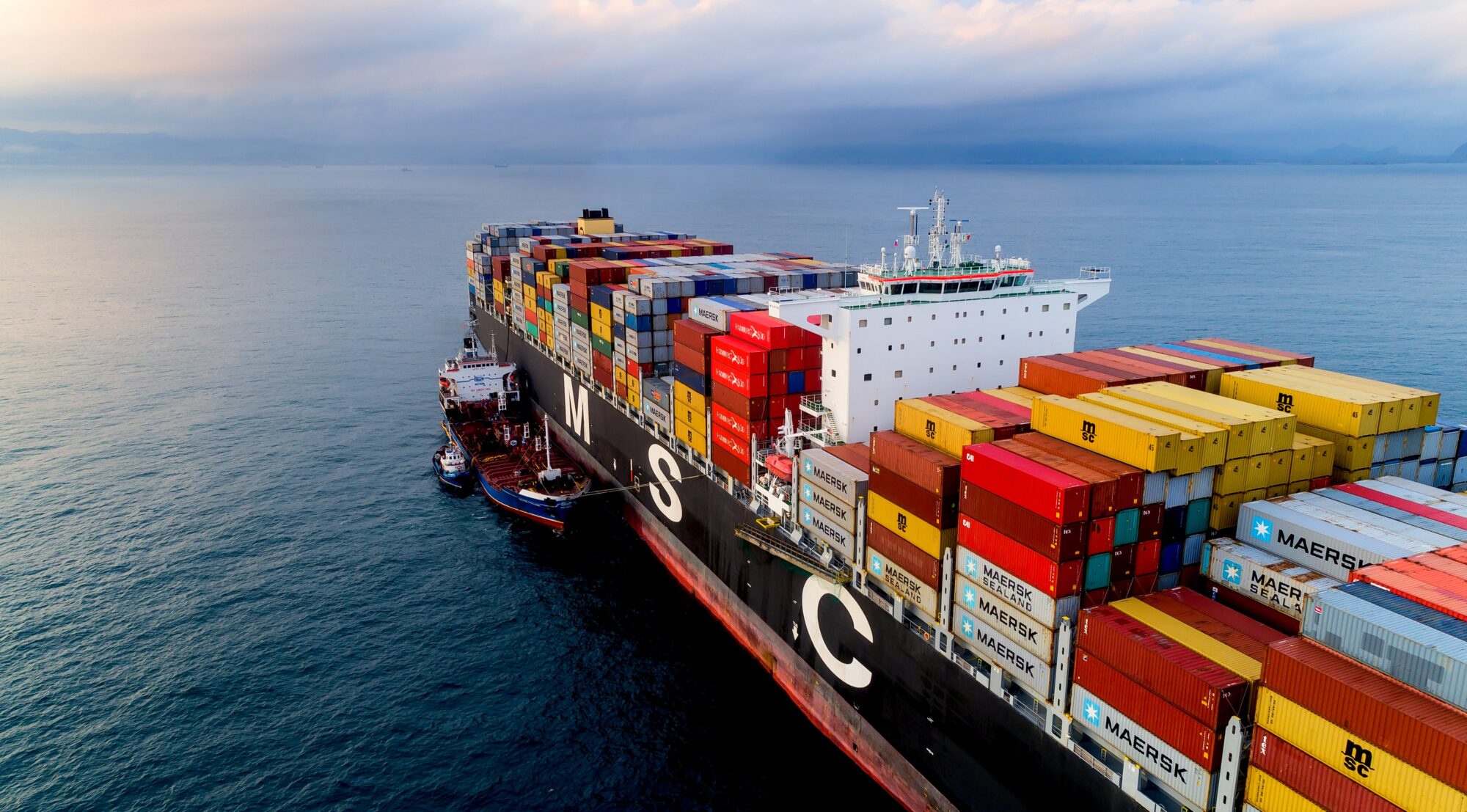
MSC vessels flock to India’s Vizhinjam hub amid evolving regional transshipment flows
THIRUVANANTHAPURAM : India’s new container transhipment hub at Vizhinjam is making rapid strides, with Mediterranean Shipping Co. (MSC) seen to be its most potential long-term liner customer.
The Geneva-based carrier has already hosted a string of vessels at Vizhinjam, a deep-water facility under Adani Ports’ expanding terminal network in India, which began trial operations in early July with a Maersk call. Vizhinjam’s largest call thus far was an ad-hoc visit from the 13,988-TEU MSC Deila on 30 August.
Other calls have included the MSC Kayley, MSC Suape VII and MSC Adu V.
“Vizhinjam International Seaport is steadily becoming a major player in global maritime trade as trial operations continue to gather momentum,” the port authority said in a statement.
The authority also noted: “With a total of five ships from MSC already having berthed at the port, Vizhinjam is well on its way to establishing itself as a key transhipment hub, positioning India on the global shipping map.”
It went on to add: “This wave of arrivals reflects the port’s strategic potential and operational readiness for larger global trade activity.”
According to indications from officials at Adani Ports, more ship calls for Vizhinjam are in the offing.
Given its strategic location and deep draft availability, it is widely believed that Vizhinjam could pose a significant threat to the market share Sri Lanka’s Colombo Port commands over transhipment volumes moving in and out of the region.
Colombo has reported a decline in volumes in recent months, reversing the unusual gains it had from the Red Sea-linked diversions earlier this year.
Sri Lanka Ports Authority (SLPA) has, however, summarily dismissed reports about a downfall in transhipment volumes moving via Colombo Port, as Indian ports attempted to take advantage of port capacity pressures in the region.
“The portrayal of regional ports as competitors overlooks the cooperative nature of the industry,” SLPA noted.
The agency further said: “The SLPA and all terminal operators at the Port of Colombo welcome the development of neighbouring ports, recognising the opportunities it presents to collectively address the evolving needs of the market.”
SLPA also added: “The current fluctuation in transshipment volumes should be viewed within the broader context of global demand and supply adjustments, which impact ports worldwide.”
Colombo’s transhipment loads began to slide in May, after a streak of strong monthly gains reported in the first four months of the year. As volumes swelled, Colombo was stifled by congestion that saw carriers reroute vessels to ports on the Indian coast, driving significant volume gains for Cochin and a few other ports in the Chennai region.
“Seasonal variations, combined with global economic and social dynamics, have caused a temporary dip in cargo handling, not only at the Port of Colombo but across numerous international ports. This is not a consequence of competition but rather a common and recurring feature of the maritime industry,” SLPA clarified.

